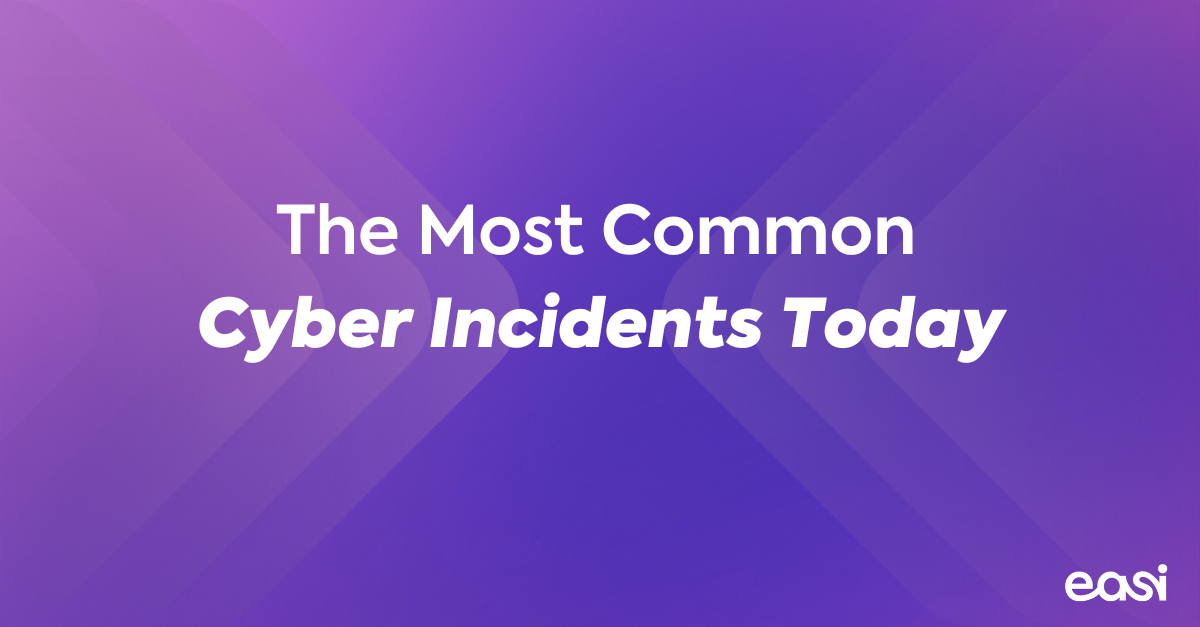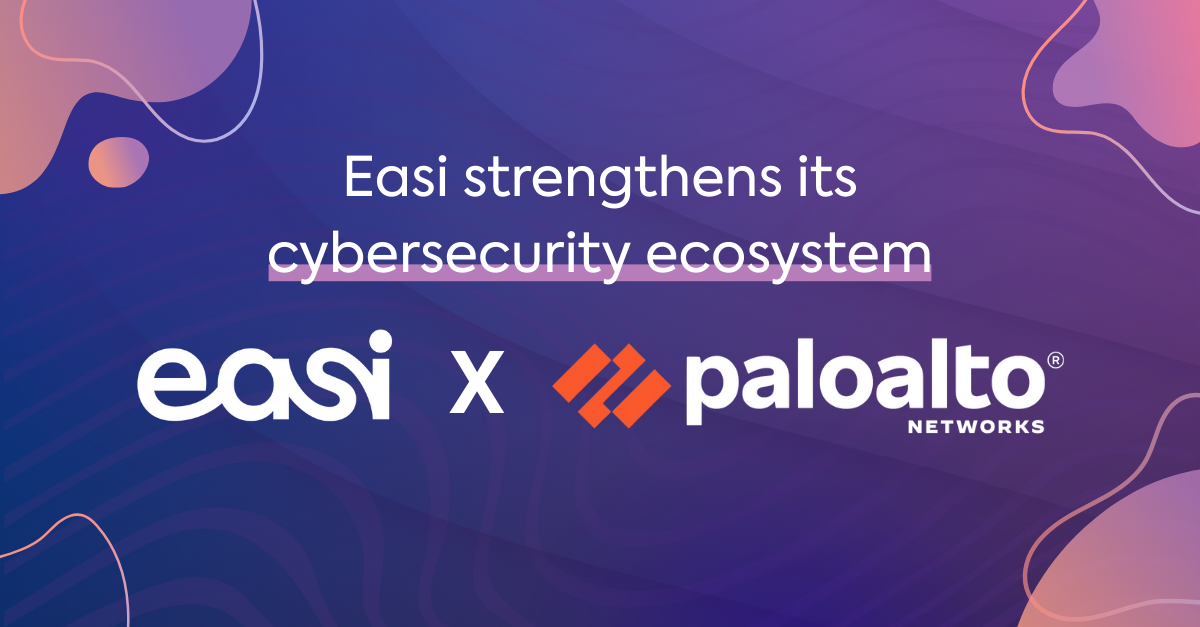A SOC, not to be confused with the socks on your feet, is a real security solution that can save companies a lot of money and headaches. We spoke with Robin Bruynseels (Cybersecurity and SOC engineer at Easi) who explained us in details what it is, how it works and why it is essential for companies.
Klik hier voor het artikel in het Nederlands - Cliquez ici pour l'article en français
What is a SOC?
A SOC, or Security Operations Center, is a center composed of people (security experts) and tools whose objective is to manage security incidents for companies.
When security events or incidents occur, these experts are able to take the appropriate decisions and actions to remediate these incidents and protect the company.
Why is it essential for a company?
A SOC gives an organization the visibility needed to react quickly to problems.
We know that when security incidents occur, they are often not detected in time. Sometimes a company will only detect an incident after a few months. This leaves enough time for a malicious person to act and take hold.
A SOC allows you to react quickly and limit the risk of data leakage or other risks to your business. A SOC operates 24 hours a day, 7 days a week, and constantly monitors the IT environment. It is always aware of what is going on.
What are the challenges of a SOC?
An SOC generates a large amount of data that will have to be managed and processed. A company must also be able to know which data should be processed first, but also which data is not relevant.
There is indeed a difference between what is called an alert and an incident. An alert can be seen as a simple notification related to a specific event. An incident, on the other hand, is a set of alerts that will generate an incident. For companies, the goal is to take action when an incident occurs, but not necessarily for all the alerts.
For companies, it is challenging to know where the difference between the two lies and to be able to react correctly so as not to lose time on false positives.
In addition, you have to master your environment, know the information flows, who is present in your environment, and if a third party is involved.
The tools you use to build your SOC are equally important. They must be able to offer you sufficient visibility and, above all, coordinate well with each other. These are the elements that form the basis of your SOC.
What type of business is it for?
A SOC can be used by any type of company, but each at its own level. There is no need to deploy the heavy artillery for companies that do not have the means or the number of people required to properly manage their SOC.
Keep it in-house or outsourcing?
There is no one situation that is more preferable than the other. Here again, everything depends on the company's will.
If a company has the necessary staff and resources, it could provide the SOC in-house. If that is not the case, it's better to outsource your SOC.
Is the SOC a future-proof solution?
As we saw during the coronavirus pandemic, cyber threats are becoming common.
Although an SOC has a major role to play in the security posture of a company, it is bound to evolve in the years to come. The SOC we'll have in 1 or 5 years down the road will be very different from the one we know today.
This is where the advantage of a specialized security provider lies. It will follow the different evolutions and accompany its customers to evolve alongside the solutions and the new types of threats.






